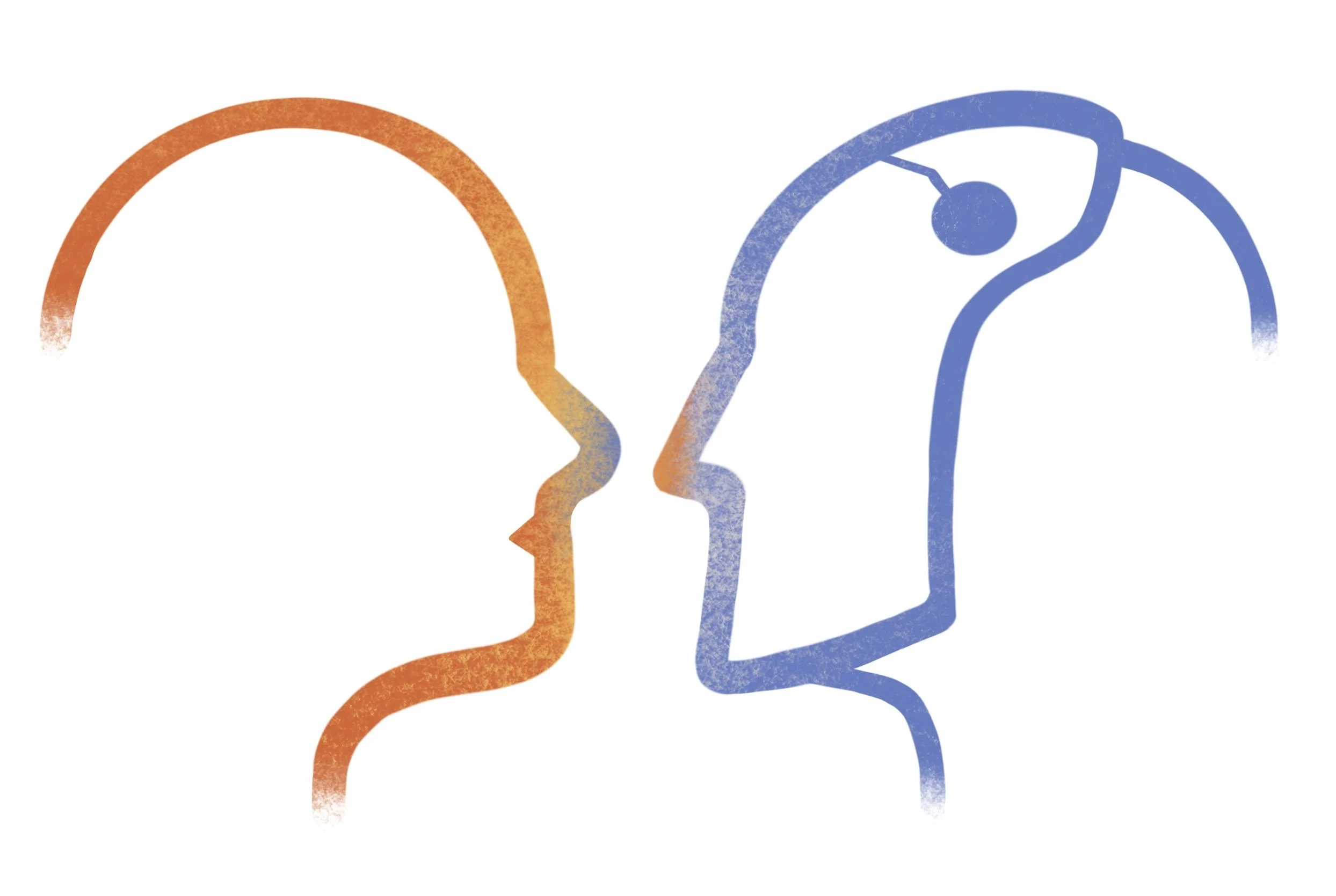
We are very pleased to invite you to submit your latest research results, developments, and ideas to the 34th IEEE International Conference on Robot and Human Interactive Communication, which will be held at the Eindhoven University of Technology, Eindhoven, The Netherlands, from August 25th to 29th, 2025.
The theme of the IEEE RO-MAN 2025 is “Shaping our hybrid future with robots together.”
While robots become increasingly more able to socially interact with people, it is important to start thinking about how we can shape a future with these robots in which we collaborate and work together with these new team members that are on the horizon. Rather than replacing us, our vision is that robots will complement us. We envision a hybrid intelligence where robots and humans together will be more able, effective, productive, efficient, and fun to work with. To realize a successful integration of these socially interactive robots into our society, we need to invest in a future where human-robot teams could become prevalent. To this end, we need to create a clear vision of this future and create innovations related to interaction models, social capabilities, and the skills of these robots to understand how they can work together with us.
The conference provides a forum for researchers and practitioners to discuss a variety of topics related to the broad theme of Robot and Human Interactive Communication involving theories, methodologies, technologies, empirical and experimental studies, and generate more insights for the future of Robot and Human Interactive Communication!
Please visit the office website, https://www.ro-man2025.org, for more information.
The conference is hybrid but it is expected that at least one of the authors to be in person.
Four types of sessions will be provided on RO-MAN 2025 (All deadlines are 23:59:59 PST):
Regular Sessions
Special Sessions
Workshop/Tutorial Sessions
Late Breaking Report Sessions
Important note: If you submitted a paper to RO-MAN 2025, the expectation is that you, or your qualified coauthors (e.g., senior PhD students), will provide at least two quality reviews for each paper submitted. We need the full participation of the RO-MAN community to ensure the quality of the RO-MAN review process.
Topics of Interest
IEEE RO-MAN 2025 invites regular papers, special session proposals and papers, tutorial/workshop proposals, and late breaking reports related to the conference theme, which include but are not limited to:
• Applications of Social Robots
• Assistive Robotics
• Cognitive and Sensorimotor Development
• Cognitive Skills and Mental Models
• Computational Architectures
• Cooperation and Collaboration in Human-Robot Teams
• Creating Human-Robot Relationships
• Curiosity, Intentionality and Initiative in Interaction
• Degrees of Autonomy and Teleoperation
• Detecting and Understanding Human Activity
• Embodiment, Empathy and Intersubjectivity
• Ethical Issues in Human-robot Interaction Research
• Evaluation Methods and New Methodologies
• Haptic Interaction Design
• HRI and Collaboration in Manufacturing Environments
• HRI for Sustainability
• Innovative Robot Designs
• Interaction Kinesics
• Interaction with Believable Characters
• Linguistic Communication and Dialogue
• Long-term Experience and Longitudinal HRI Studies
• Machine Learning and Adaptation
• Monitoring of Behaviour and Internal States of Humans
• Motion Planning and Navigation in Human-Centered Environments
• Motivations and Emotions in Robotics
• Multimodal Interaction and Conversational Skills
• Multi-modal Situation Awareness and Spatial Cognition
• Narrative and Story-telling in Interaction
• Non-verbal Cues and Expressiveness
• Novel Interfaces and Interaction Modalities
• Personalities for Robotic or Virtual Characters
• Philosophical Issues in Human-Robot Coexistence
• Robot Companions and Social Robots
• Robots in Education, Therapy and Rehabilitation, Medical and Surgical Applications
• Robots in art and entertainment, and Art pieces supported by robotics
• Robot Perception for Interaction and Communication such as Robot Audition, Robot Vision, etc.
• Robotic Etiquette
• Social Intelligence for Robots
• Social Learning and Skill Acquisition Via Teaching, Imitation, and demonstration
• Social Presence for Robots and Virtual Humans
• Soft and Compliant Robot Design
• Sound Design for Robots
• Story-telling in HRI
• Trust, Transparency, and Explainability in HRI
• User-centered Design of Robots
• Virtual and Augmented Tele-presence Environments for robots and humans
